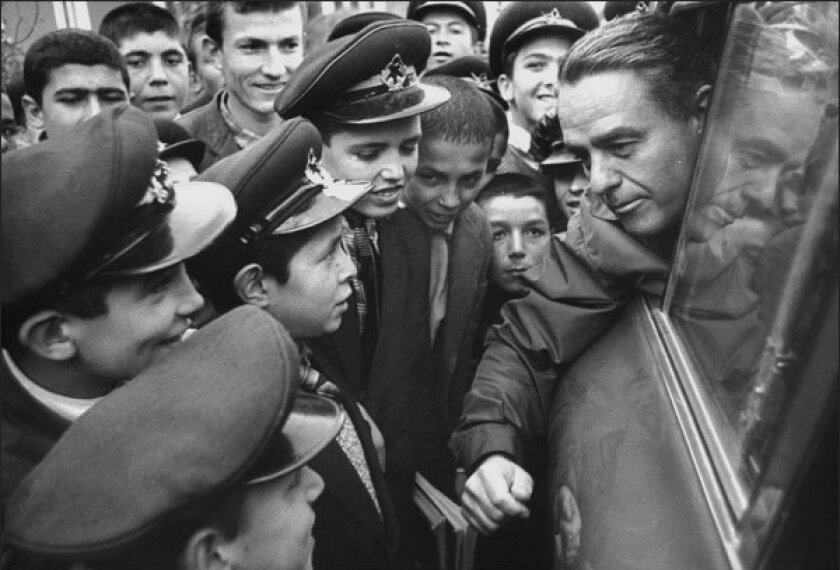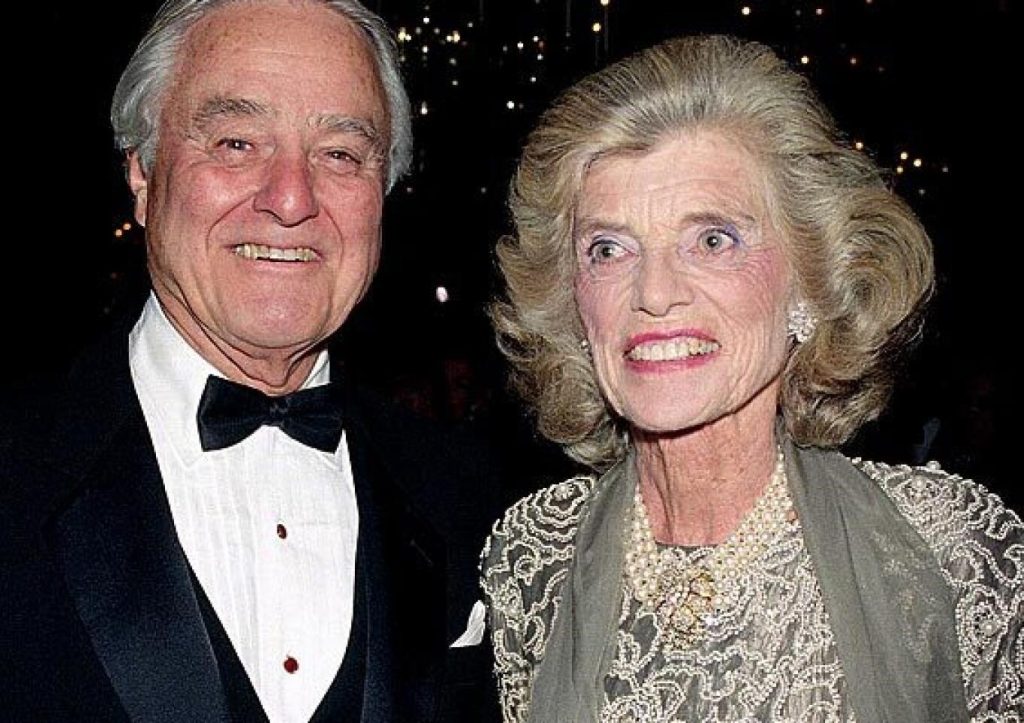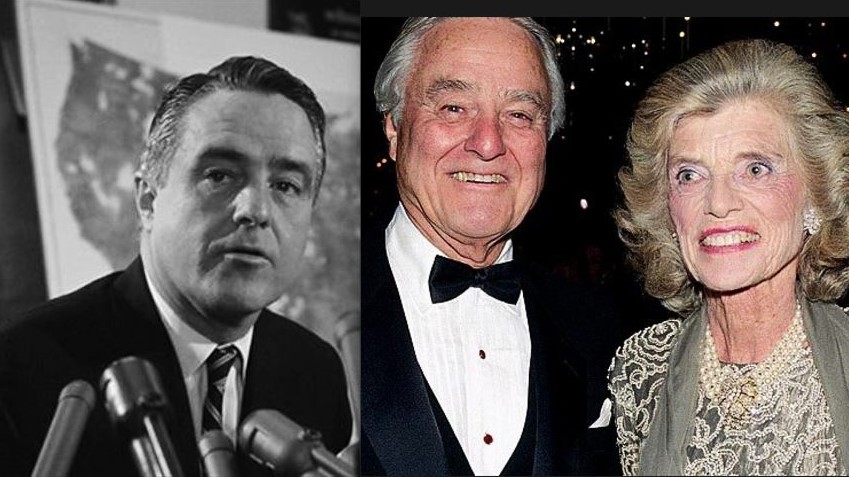Robert Sargent Shriver Jr. was a notable American diplomat, politician, and activist. Shriver married to Eunice Kennedy. What drives a man to dedicate his life to others?
Robert Sargent Shriver Jr. wasn’t just another politician or lawyer. His vision went far beyond mere politics. He dreamt of changing the world through social initiatives that would impact future generations.
His life was marked by public service, leadership, and a commitment to fighting poverty. This biography delves into Robert Sargent Shriver Jr.’s Net Worth, Bio, and Reason behind his death.
Who is Robert Shriver?
Robert was born in Westminster, Maryland, on November 9, 1915. He is the brother-in-law of President John F. Kennedy and the founder of the Peace Corps.
His family has deep roots in Maryland since 1721. His father’s name is Robert Sargent Shriver Sr., and his mother is Hilda Shriver.
Shriver’s grandfather, Thomas Herbert Shriver, played an important role during the Civil War, guiding Confederate General J. E. B. Stuart. Robert’s family had a great history of service and leadership.
He studied at Canterbury School in Connecticut. His involvement in sports and school activities reflected his leadership skills early on. Later, he enrolled at Yale University and joined the Delta Kappa Epsilon fraternity.

Shriver’s Marriage to the Kennedy
In 1953, Shriver married Eunice Kennedy, the third daughter of Joseph P. Kennedy Sr. and Rose Kennedy. This union connected him to one of America’s most powerful political families.
The Kennedy family’s influence played a major role in shaping Shriver’s future. The couple had five children, including Maria Shriver, a prominent journalist and former First Lady of California.
Career
Shriver’s career was a testament to his dedication to improving the lives of others. Shriver initially opposed U.S. involvement in World War II.
However, when the U.S. entered the war, Shriver volunteered for the Navy. He served in the South Pacific and fought in the Naval Battle of Guadalcanal. His bravery earned him a Purple Heart.
After working as an assistant editor at Newsweek, he joined his brother-in-law John F. Kennedy’s presidential campaign. His strategic mind helped Kennedy secure the presidency in 1960.
After Kennedy’s victory, Shriver was appointed the first Director of the Peace Corps, a role that would become his legacy. The Peace Corps sent volunteers to countries worldwide, fostering peace and development.
Shriver didn’t stop there. Under President Lyndon B. Johnson, he became the architect of the War on Poverty. He founded key programs such as Head Start, Job Corps, VISTA, and Upward Bound.
In 1968, Shriver took on another major role as the U.S. Ambassador to France. His charisma and diplomatic skills made him a celebrated figure in France. His commitment to public service remained unwavering, even when he was far from American soil.

He briefly pursued the Democratic presidential nomination in 1976 but withdrew after a short campaign. He continued practicing law until his retirement in 1986 when he was named counsel to the firm.
In his later years, Shriver remained active in philanthropy. He served as president of the Special Olympics, a cause his wife Eunice founded. His leadership helped expand the Special Open suggestion card Our best version.
His leadership helped expand the Special Olympics’ global reach, providing opportunities for individuals with intellectual disabilities to participate in sports.
Net Worth and Sources of Wealth
At his death Robert Shriver’s net worth was estimated between $10 million and $20 million . He earned from multiple sources, including his legal career, political roles, and family connections. Shriver earned a substantial income as a partner at Fried, Frank, Harris, Shriver & Jacobson.
Despite these financial resources, Shriver was never motivated by personal gain. His true wealth came from the impact he had on the lives of others through his public service and philanthropy.
Robert Shriver’s Death
Shriver’s contributions to public service went far beyond politics. He and Eunice worked on numerous charitable projects together.
Their efforts in supporting the Special Olympics remain one of their most notable achievements. Shriver’s commitment to serving the public continued throughout his life, even as he battled Alzheimer’s disease in his final years.
Shriver passed away on January 18, 2011, at 95. His legacy endures through the countless lives he touched. He founded program the Peace Corps and Head Start, continue to make a difference in the world. He remains a symbol of dedication, service, and compassion.
Conclusion
Robert Sargent Shriver Jr. lived a life defined by service. From his early days in the Navy to his work creating social programs that changed millions of lives, Shriver never stopped striving to make the world a better place.
His legacy as the founder of the Peace Corps and the architect of the War on Poverty ensures that his contributions will be remembered for generations. Through his work, Shriver demonstrated that one person’s commitment to public service can change the world.
